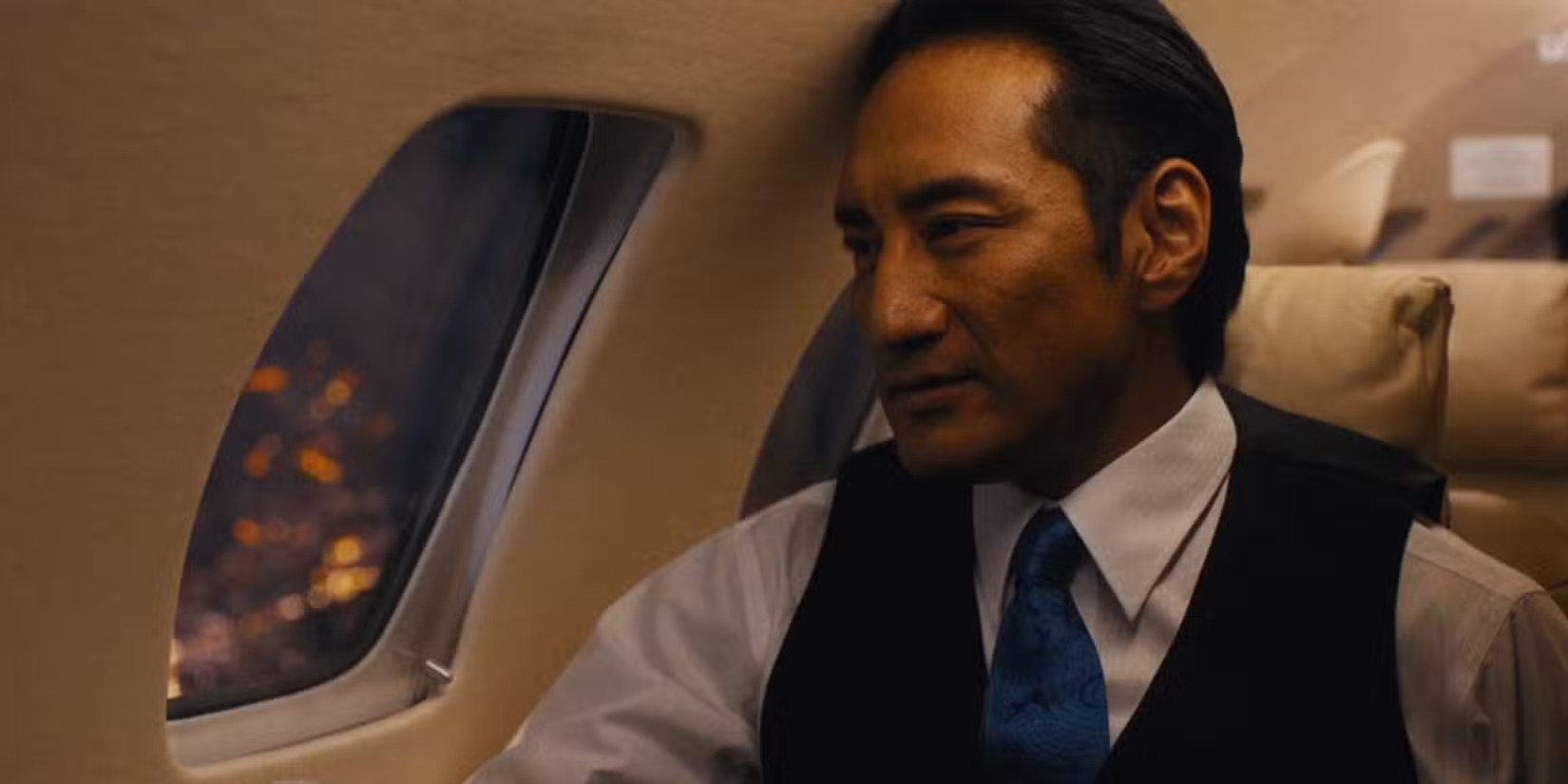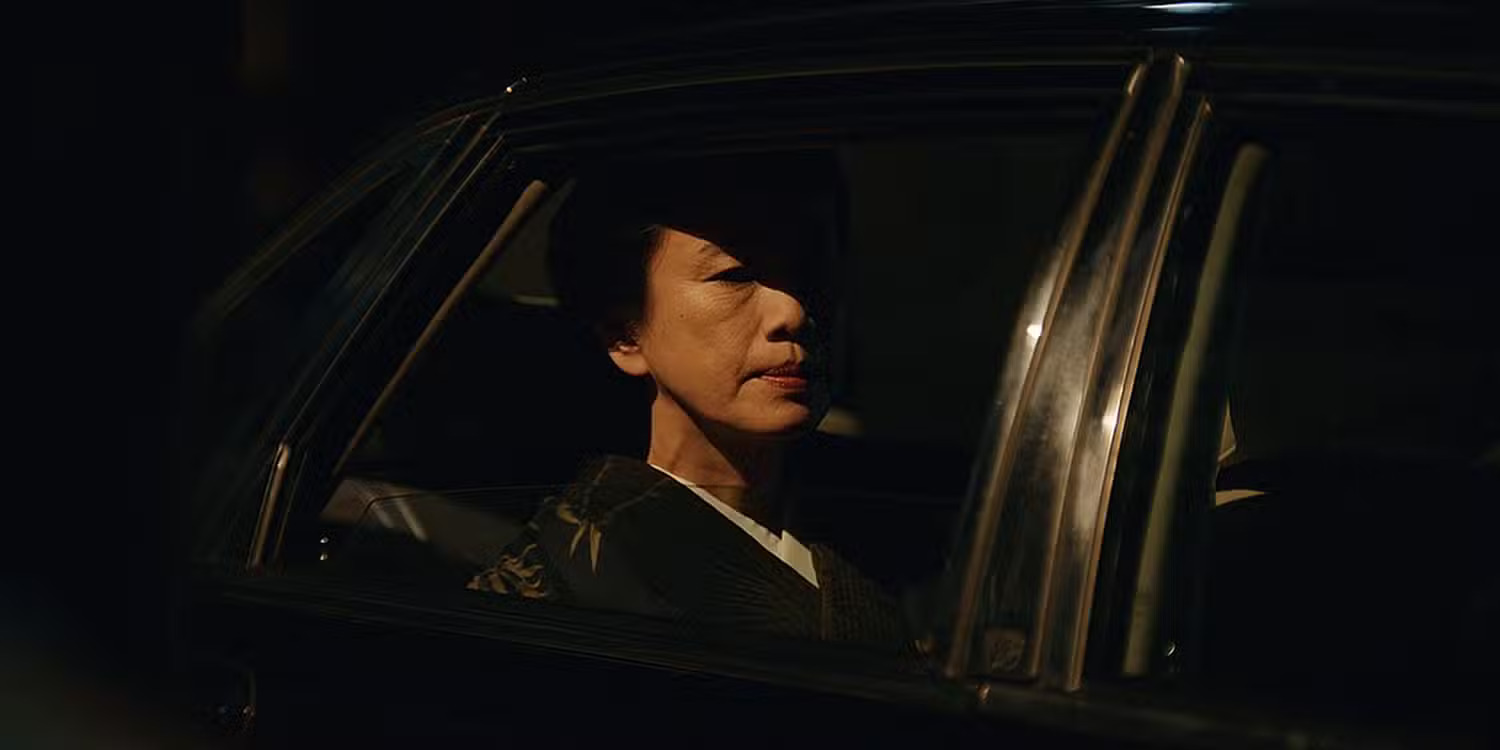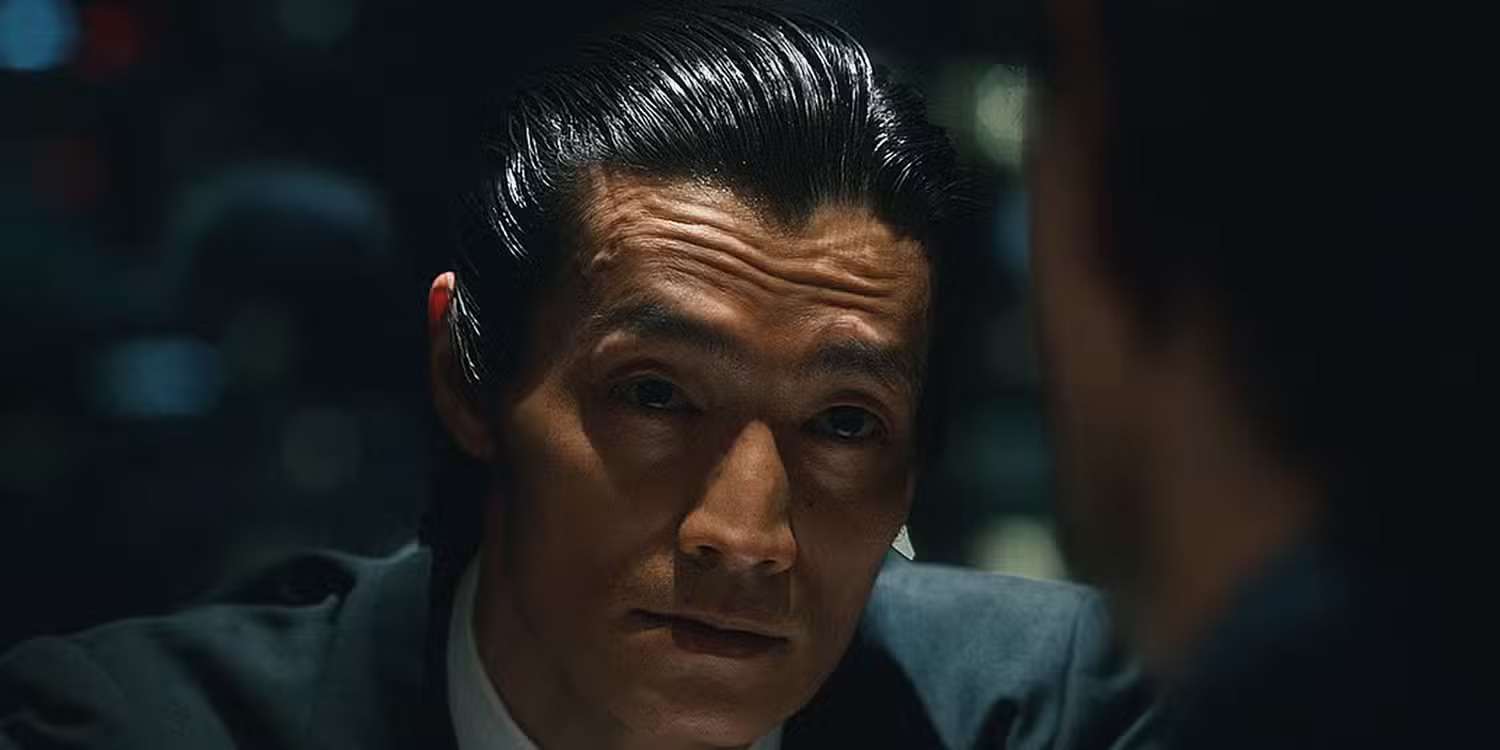Tokyo Vice Season 1, inspired by Jake Adelstein’s memoir, concludes the first chapter of this gripping crime drama. Ansel Elgort stars as Adelstein, portraying a journalist’s experiences in Tokyo during the mid-90s to early 2000s. As a rookie reporter, Adelstein forms connections with police officers, nightclub owners, and underworld figures while confronting the dangerous influence of the Yakuza. Directed by Michael Mann, the series blends real-life inspiration with fictionalized storytelling, capturing the tension, danger, and allure of Tokyo’s criminal underworld. The finale leaves multiple storylines unresolved, setting the stage for an intense second season.
Throughout Season 1, Adelstein strives to establish himself at Tokyo’s largest newspaper. He builds relationships with key figures such as Detective Katagiri, nightclub manager Sato, and others tied to the Yakuza. His career advances alongside exposure to high-stakes situations, forcing him to learn lessons about trust, patience, and the cost of ambition. By the finale, Adelstein faces the consequences of impulsive decisions and damaged alliances, laying the foundation for personal growth and redemption in future episodes.
A central storyline involves Adelstein attempting to repair his fractured relationship with Detective Katagiri. After a tip about a drug shipment goes awry, Katagiri cuts off communication, leaving Adelstein to confront his mistakes. Although he initially blames Sato, his own arrogance and impatience contributed to the breakdown of trust. Katagiri, meanwhile, faces threats to his family from Tozawa, forcing him to reconsider alliances. By the season’s end, both men recognize their mutual need for support, foreshadowing a potential reconciliation crucial for dismantling criminal operations.

Tozawa’s Ruthlessness, Polina’s Tragedy, and Samantha’s Dangerous Alliance With The Yakuza
Yakuza boss Tozawa emerges as a formidable antagonist, orchestrating threats and violent acts to maintain control. Detective Miyamoto, revealed as Tozawa’s insider, is believed to be dead or missing, escalating the stakes for Katagiri. This revelation highlights Tozawa’s ruthlessness and reinforces the danger surrounding all characters involved. The uncertainty regarding Miyamoto complicates Katagiri’s efforts to pursue justice, emphasizing the lethal consequences of betrayal in Tokyo’s underworld.
Polina, Samantha’s best friend and fellow expatriate, becomes a victim of Tozawa’s operations. After accumulating debt at a nightclub controlled by his allies, she is forced onto a sex cruise ship, Yoshino, to repay her debt. Adelstein later discovers a videotape documenting her accidental death during an altercation with a member of Tozawa’s clan. Polina’s fate exposes the brutal human trafficking practices within the Yakuza and provides Adelstein with critical evidence to challenge Tozawa’s operations. This tragic event underscores the personal cost of crime reporting and criminal exploitation.
Samantha, determined to open a nightclub, enters a risky partnership with the Yakuza after being deceived by Polina’s boyfriend and losing her savings. Seeking protection, she aligns with Ishida, the head of Sato’s clan, ensuring her club’s survival. While the arrangement provides security, it places her in constant danger and moral compromise. Sato warns Samantha about the risks of dealing with the Yakuza, emphasizing that success comes at the cost of safety and independence. Her choices demonstrate the high stakes for civilians involved with organized crime.

Sato’s Betrayal, Tozawa’s Secrets, and Unresolved Conflicts Set Stage For Season Two
Sato, a young Yakuza member, experiences betrayal, heartbreak, and moral dilemmas throughout the season. Mentored by Kume, a double agent working for Tozawa, Sato faces forced killings, assassination attempts, and internal clan politics. He redeems himself by saving Ishida’s life, but struggles to meet the responsibilities expected of him. In the finale, Sato is stabbed in the street after leaving Samantha, leaving his survival uncertain. His journey highlights loyalty, revenge, and the emotional toll of life within the Yakuza, reinforcing the human complexity behind organized crime.
Tozawa’s health issues add another layer of intrigue. Suffering from a serious condition, he is cautioned to avoid stress, alcohol, and smoking. Despite this, he arranges a mysterious trip, boarding a private plane at the season’s end. This subplot suggests he is seeking a liver transplant in the United States, reflecting real-life events where Yakuza boss Tadamasa Goto received medical treatment abroad through illicit channels. Tozawa’s journey introduces potential international complications and new conflicts for Season 2, expanding the story beyond Tokyo.
The finale leaves multiple threads unresolved, creating high stakes for the next season. Adelstein and Katagiri’s tentative alliance sets the stage for a joint effort to dismantle Tozawa’s empire. Samantha’s involvement with the Yakuza and Sato’s uncertain fate introduce personal and professional conflicts. The tape documenting Polina’s death provides critical leverage for justice, promising complex investigations. Season 1 effectively balances suspense, character development, and social commentary on Tokyo’s criminal underworld, ensuring audiences remain invested in the unfolding story.
Tokyo Vice Season 1 concludes with tension, uncertainty, and moral complexity. Adelstein, Katagiri, Samantha, Sato, and Tozawa each face the consequences of ambition, loyalty, and betrayal. The intertwining fates of the characters highlight the fragile nature of trust in a city shaped by corruption and violence. With unresolved storylines and heightened stakes, Season 1 lays a compelling foundation for Season 2, promising deeper exploration of the Yakuza, law enforcement corruption, and the personal cost of survival in Tokyo’s perilous criminal sphere.



